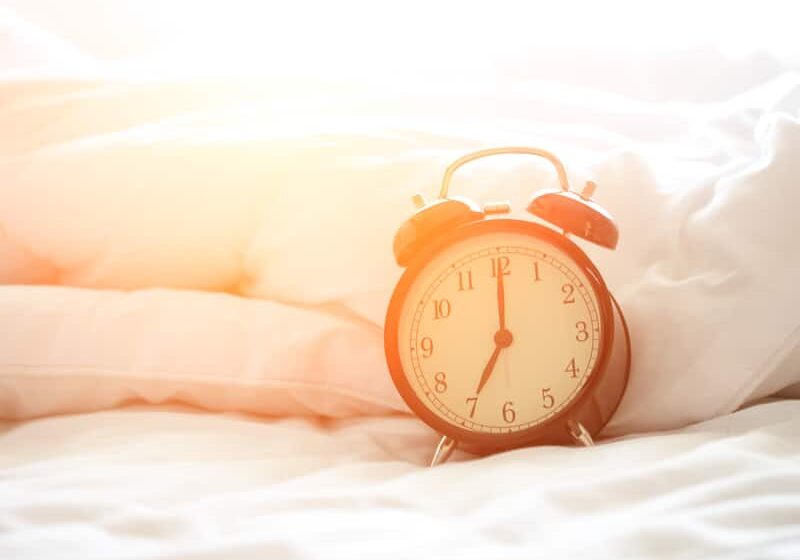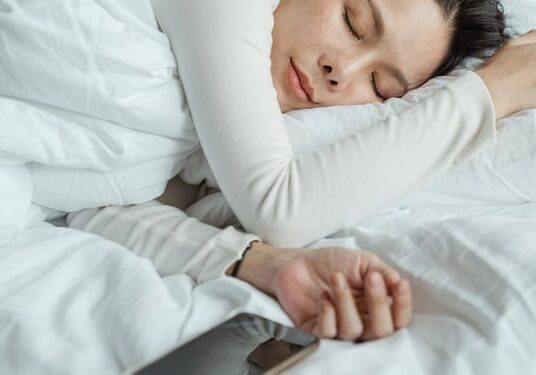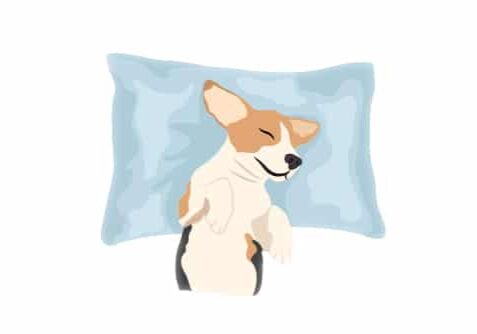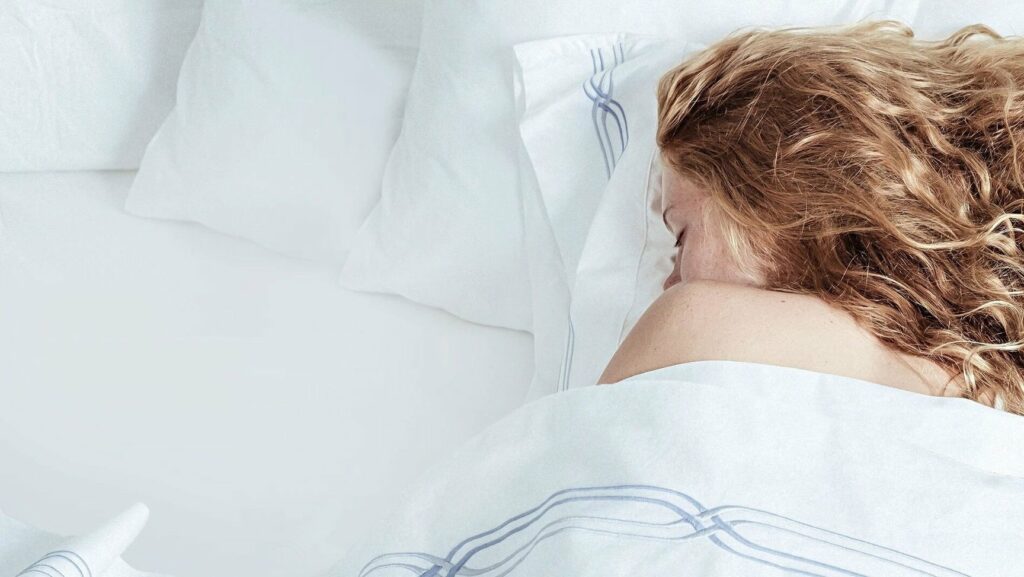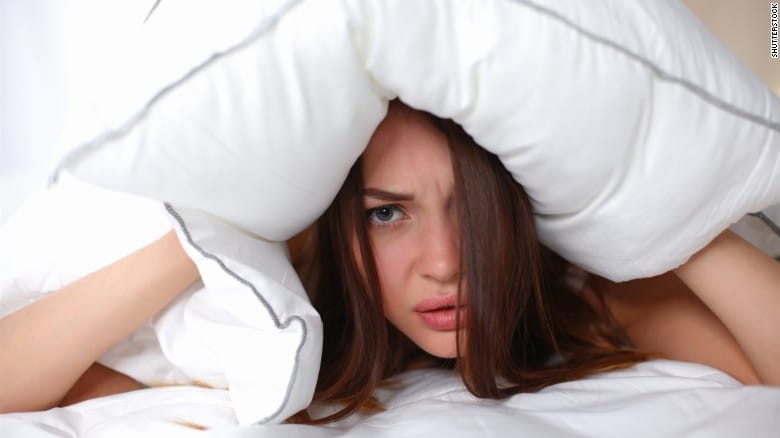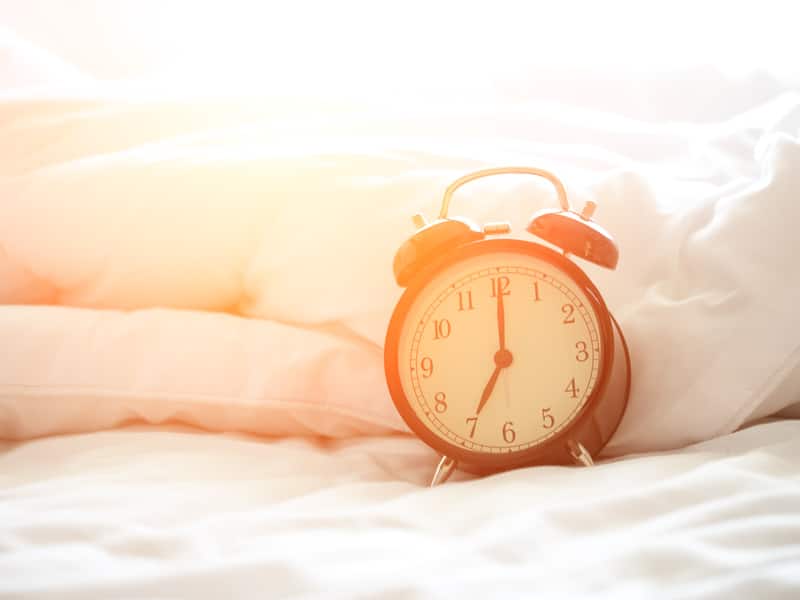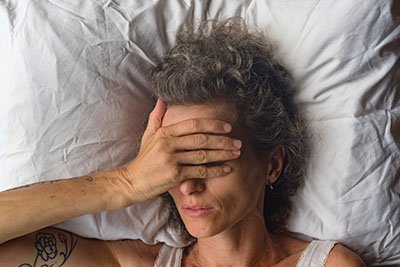
Why it Gets Harder to Sleep as You Age
A guest post by Alicia Sanchez
As you age, it can become challenging to get the sleep you need. This fact has been documented many times, and most older adults will confirm it for you, but researchers are only beginning to discover why this happens and what, if anything, you can do about it.
If you are an older adult or you love one or care for one, you’re not crazy to think that sleep is difficult. It’s harder for older people to get the sleep they need. Even when they do sleep, it’s harder for them to feel rested and well. Sleep issues can lead to mental and physical health problems. It can leave older adults with increased cognitive impairment, and may eventually contribute to death. Here are some of the reasons why older people struggle with sleep and some ideas for what they can do about it.
Mixed Up Circadian Rhythms
As people age, the lenses in their eyes begin to turn yellow and their pupils narrow. This yellowing may not seem like a big deal, but it permits less blue light to reach the retina. This shift matters because blue wavelength light is the color that helps to determine circadian rhythms in a human being.
The circadian rhythm tells the brain when to sleep and when to wake up. Through the neural pathways, light triggers the brain to wake up. When the natural light disappears or dims, the body produces hormones, such as melatonin, that tell it to sleep.
If the body isn’t getting as much blue light, it will disturb these rhythms, which means that the body won’t know when to sleep and when to wake. When these signals get fuzzy, people will sleep less and wake more. They may also struggle to feel fully awake during the day or have trouble going to sleep at night.
Less REM Sleep
Older adults also get less REM sleep than their younger counterparts. This stage of sleep seems to help the brain develop. It makes sense that older people wouldn’t need quite as much of it. However, this stage of sleep is also where the brain heals itself, and new neural connections get reinforced. It makes sense, then, that older adults who don’t sleep well would have issues with memory.
Improving Sleep as an Older Adult
While you can’t do anything about the physiological changes that happen as you age, you can do a few things to work on getting better rest.
Make sure your pillow and your mattress effectively support your spine and feel comfortable. This alignment is even more important if you have back pain, though it’s key to getting good rest for anyone.
Make your room as dark and silent as possible, which eliminates things that can wake you up and helps regulate your circadian rhythms.
Go to bed at the same time every night. This routine will help train your body to fall asleep at a certain hour, which reinforces circadian rhythms.
Even older adults can get healthy rest. It may take more work, but it’s worthwhile when you’re physically healthy and cognitively present and active.
Alicia Sanchez is a researcher for the sleep science hub Tuck.com with a specialty in health and wellness. A Nashville native, Alicia finds the sound of summer storms so soothing that she still sleeps with recorded rain on her white noise machine.
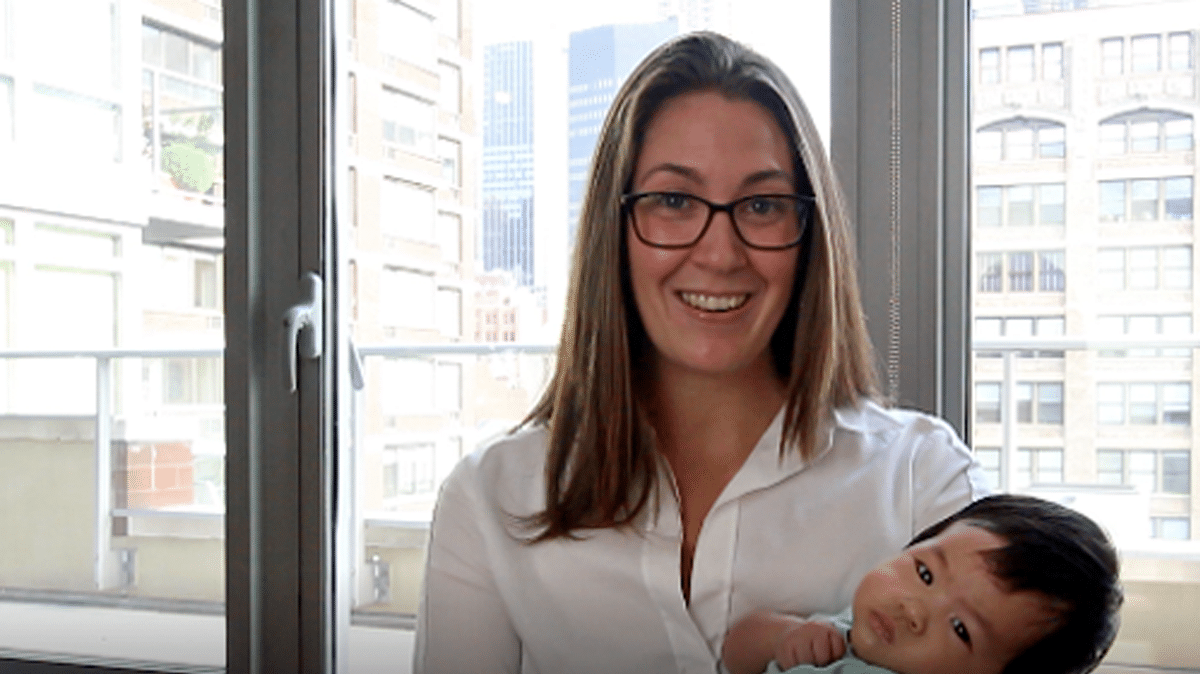
Don't just take our word for it.
We don’t take the term “sleep like a baby,” lightly. We know you don’t either. Want advice from a baby whisperer? Our sleep trainers understand.
